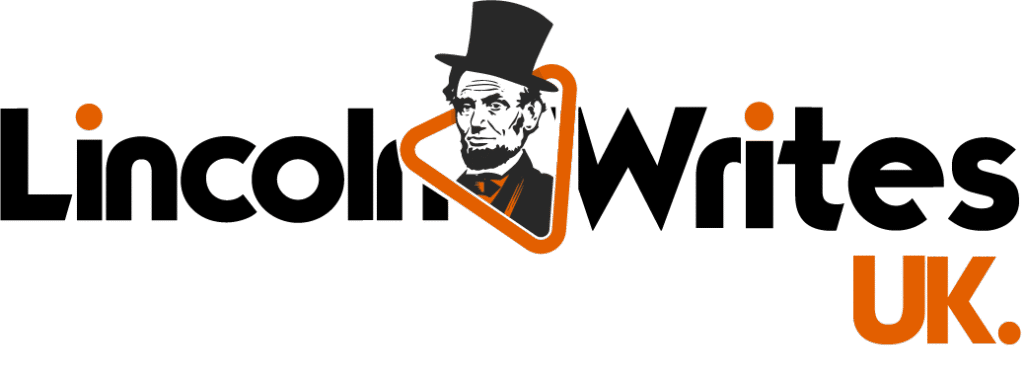Every good business idea starts with a spark. But turning that spark into something real, something fundable, scalable, and sustainable, requires more than passion. It demands insight. That’s where market research in business plan writing plays its most critical role.
You might have the next big thing. But without data on your audience, your competition, and your position in the market, even the most brilliant business ideas risk missing the mark. It’s not enough to say, “Everyone will love this.” You have to prove it, and that proof starts with research.
If you’re serious about building a plan that impresses investors, guides your growth, and survives the real world, market research isn’t optional. It’s your foundation.
Why Market Research is the Backbone of Any Business Plan
At its core, market research helps you understand what your customers want, what your competitors offer, and where your idea fits between the two.
Think of it as storytelling with numbers. You’re not just explaining what your business does, you’re showing why it matters and whom it serves. You’re also showing that you’ve done your homework. That you’re not just another hopeful entrepreneur pitching dreams, you’re a strategist with a plan.
A well-researched business plan communicates confidence. It tells potential investors and partners that you know your market. You understand your niche. You’ve thought beyond the product and into the landscape it will compete in.
In short, market research takes your business from concept to credibility. It’s what separates great pitches from generic ones.
Audience Analysis: Who Are You Really Selling To?
Your product or service isn’t for “everyone”, no matter how tempting that idea might be. Market research helps you narrow down your ideal customer, so every decision, pricing, marketing, and design is based on real needs.
Are you targeting busy parents in need of convenience? Teenagers seeking personalisation? Professionals looking for time-saving tools?
Great research will go further than basic demographics. It will uncover behaviours, preferences, spending habits, frustrations, and desires. That’s how you position your business to connect and convert.
If you’ve worked with ghostwriting for executives or branding teams before, you’ll know the value of knowing your audience deeply. It shapes your voice, messaging, and strategy across the board.
Competitive Analysis: Know the Battlefield
The next critical piece of your market research in your business plan is understanding your competition. Who’s already doing what you’re doing? What are they doing well? Where are they falling short?
This isn’t about copying others, it’s about spotting gaps. Maybe your competitor is great at product quality but terrible at customer support. Maybe there’s room for a luxury version of a basic service.
Without research, you might unknowingly pitch a business that already exists, or one that the market doesn’t need. With it, you can carve out a clear and compelling difference.
Professional business plan writing services often include competitive analysis as a standard feature, because without it, your strategy is running blind.
Where to Get Your Data
You don’t need a huge budget or access to secret databases to conduct useful research. Some of the best insights come from straightforward sources: customer surveys, online reviews, forums, social media comments, and industry reports.
Government sites like the UK’s Office for National Statistics, trade journals, and platforms like Statista also offer goldmines of information.
Even tools used in SEO copywriting techniques, like Google Trends and keyword planners, can help you understand what your target audience is searching for and how often.
If you’re crafting a pitch deck or proposal, working with teams that offer professional biography tips or long-form content strategy advice can help you turn that data into digestible, compelling content.
Presenting Research in Your Business Plan
The key to using market research effectively isn’t just gathering data. It’s communicating it clearly.
Avoid jargon. Focus on what your findings mean for your business. Rather than flooding your plan with charts, weave insights into your strategy sections: your pricing, product development, and marketing plans.
If you’re working on plans that will accompany other projects, like a digital product launch, a content funnel using thought leadership articles, or even an author brand connected to interactive children’s eBooks, connect the dots. Show how your research justifies your direction.
What Investors Want to See
No one expects you to have a crystal ball. But they do expect you to make informed assumptions.
Market research proves that your assumptions are rooted in fact. It tells backers that you’re not flying blind, that you know who your customer is, what they want, and how you’ll serve them better than the competition.
It also helps when forecasting your sales, marketing reach, and cost projections, all of which are core components of a business plan.
Let’s not forget, if you’re also a creative professional (say, building an author brand or considering how to convert a print book to an eBook), your research doubles as the strategy behind your content and audience engagement.
When to Bring in Experts
Let’s face it, not everyone loves sifting through reports or calculating market penetration rates. And that’s okay.
Whether you’re launching a business, a book, or a content platform, working with professionals, especially those skilled in business plan writing services, can make all the difference.
These teams not only gather the right data but also present it in ways that connect with funders, partners, or collaborators. They’ll help you avoid rookie errors, like misreading trends or forgetting to factor in competitors who don’t show up in Google’s top ten.
Need to run a test campaign? Trial a book trailer marketing strategy? Gauge reader interest in a new genre? The right research will show you where to place your bets and how to increase your odds.
Market Research Is Not a One-Off Task
This might sting a little: your market research isn’t done when your business plan is written.
Trends change. New competitors emerge. Audience needs shift. The best entrepreneurs (and yes, even authors and creatives) treat research as a living part of their strategy.
If you’re investing in memoir theme selection, planning a repurpose blog content strategy, or writing with a protective author voice, ghostwriter services, research helps you adapt. It keeps your message, your brand, and your offer relevant.
And when the time comes to revisit your pricing, revise your product, or pivot completely, good research means you’re making informed decisions, not wild guesses.
Final Thoughts
Market research in business plan writing isn’t an add-on. It’s a necessity. It guides your voice, shapes your offer, and shows others why your idea deserves attention and investment.
And if you need help putting that research into a format that lands funding or scales smartly, we’re here for that too. At Lincoln Writes UK, we help authors, entrepreneurs, and changemakers build plans that don’t just look good. They work.


